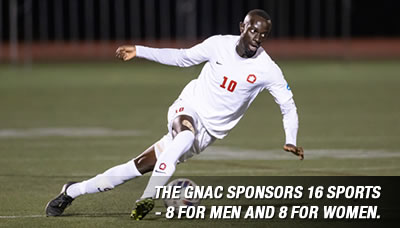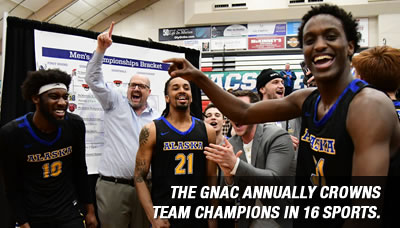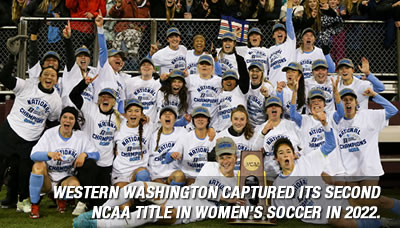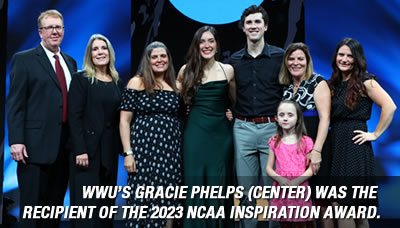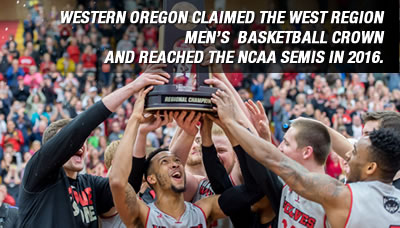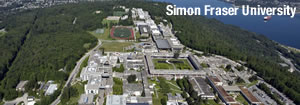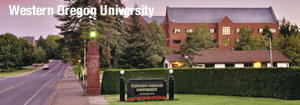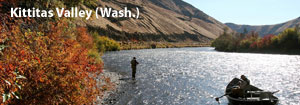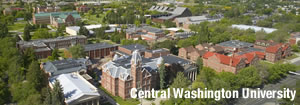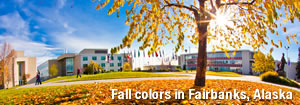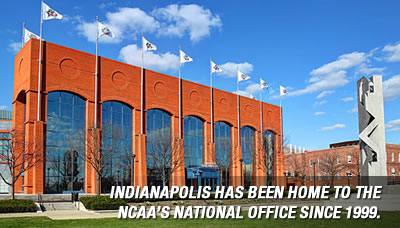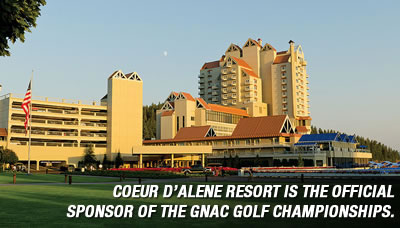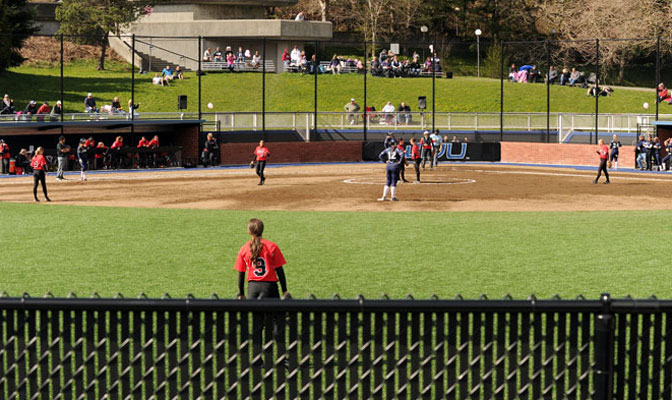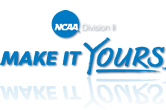Tuesday, April 10, 2012
Western Washington University's softball team is playing this spring on a fully renovated field. The much-needed improvements give players a new artificial turf outfield – and give Western officials a new way to fund capital projects with private donations.
The renovations included re-grading the infield, improving drainage in the outfield and replacing the potholed outfield grass with Sport Turf. Workers also renovated the dugouts, replaced outfield poles and fencing to meet NCAA standards, and built new double bullpens.
They removed fencing backstops and replaced with new brick and backstop pads, and also replaced the backstop netting.
Altogether the project is worth about $1.2 million, with about three quarters from donated work and material. The rest came from donations of cash; no state funds were used in the project.
“This project is an example of how the University was able to complete a badly needed project, which likely would not have been accomplished without this innovative approach,” said Richard Van Den Hul, vice president for Business and Financial Affairs at Western.
“We're in different times. They call for creative measures to maintain excellence and move our university forward.”
State funding simply isn't available for projects like renovating the softball fields, so players' families began brainstorming with Western officials about how to improve the fields with private money.
The university and the Western Washington University Foundation entered into a “gift-in-place” agreement essentially giving the Foundation the power to coordinate the project. Now complete, the Foundation has given the project back to the university.
This method of using private donations to build projects on university campuses is common at other universities. For example, the University of Washington recently renovated its softball fields using a gift-in-place agreement. But this is Western's first such project.
The improvements will mean a great deal to Western's softball team, which finished last season with a 36-16 record despite having to cancel or reschedule games and practices because of unsafe field conditions.
“We could not be more thankful to all who made this project ‘dream' come true…University, Foundation, community, friends and family of WWU Softball, and all the people who put countless work hours in on the field. This gives WWU Softball an opportunity to develop our program and also grow softball in this area,” said WWU softball coach Amy Suiter.
With the success of the softball field project, there likely will be more such public-private funding projects in the future at Western.

